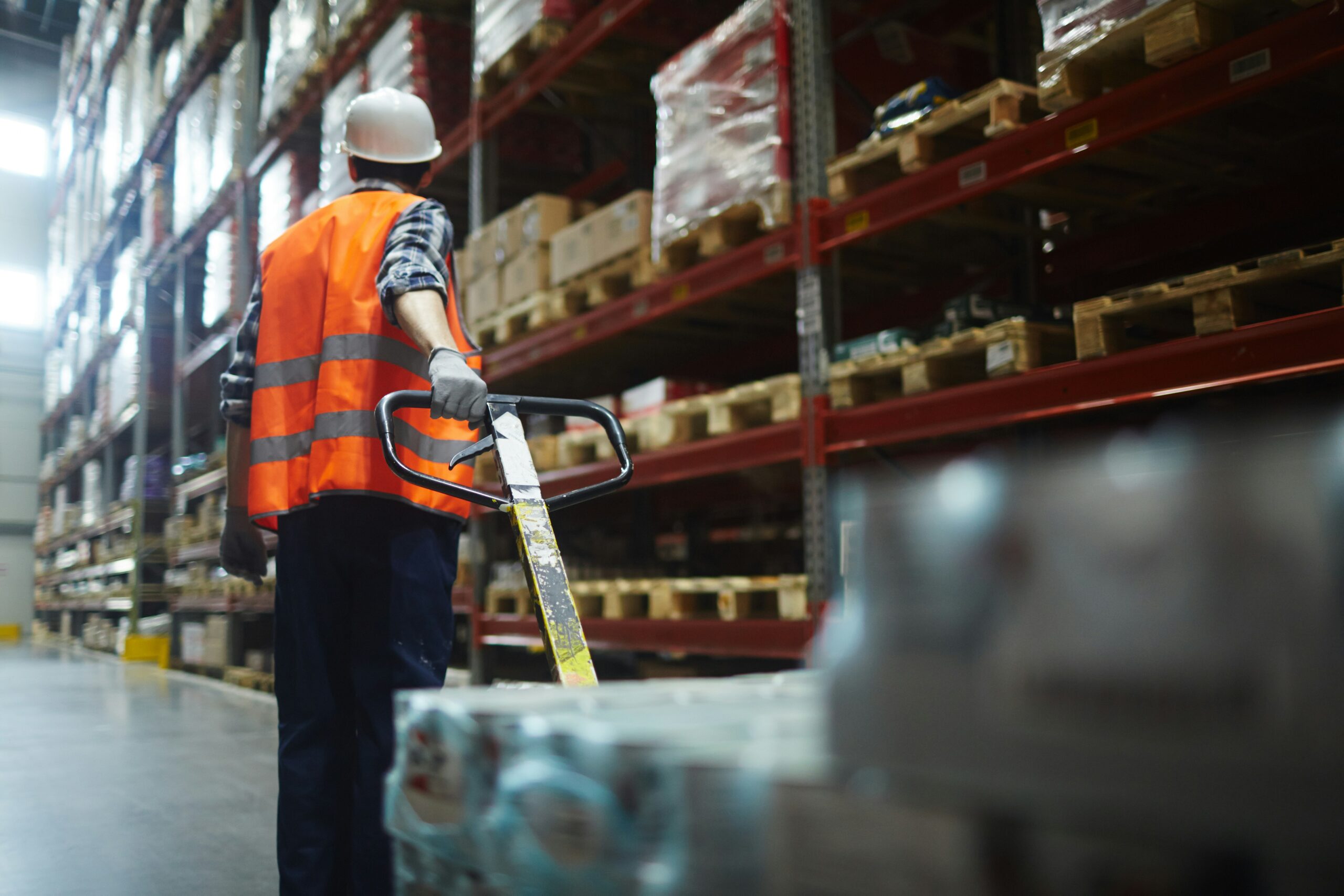
Retail construction projects are complex endeavors that require meticulous planning, precise execution, and effective management. The fast-paced nature of the retail industry demands quick turnarounds without compromising quality. To succeed, construction managers must adopt advanced strategies tailored to the unique challenges of retail projects. This article explores five key strategies to elevate construction management in the retail sector.
Leveraging Technology for Enhanced Planning and Coordination
Technology has revolutionized construction management, offering tools that streamline planning and improve coordination. Building Information Modeling (BIM) is a game-changer for retail construction. BIM allows managers to create detailed 3D models of projects, enabling better visualization and clash detection. This reduces errors and rework during construction.
Project management software is another critical tool. Platforms like Procore and PlanGrid facilitate real-time communication, document sharing, and task tracking. These tools ensure all stakeholders are on the same page, minimizing delays and miscommunication.
Drones are increasingly used for site surveys and progress monitoring. They provide accurate data and high-resolution images, helping managers make informed decisions. Embracing these technologies can significantly enhance efficiency and accuracy in retail construction projects.
Prioritizing Pre-Construction Planning
Pre-construction planning is the foundation of a successful retail project. It involves defining project scope, setting budgets, and establishing timelines. Detailed planning helps identify potential risks and develop mitigation strategies.
Engaging stakeholders early is crucial. Collaborate with architects, contractors, and retailers to align expectations and goals. This ensures everyone understands the project requirements and constraints.
Another essential step is conducting thorough site assessments. Evaluate factors like zoning regulations, utility availability, and environmental impact. Addressing these issues early prevents costly delays during construction.
Developing a comprehensive project schedule is equally important. Break down tasks into manageable phases and allocate resources accordingly. A well-structured schedule keeps the project on track and within budget.
Implementing Lean Construction Principles
Lean construction focuses on maximizing value while minimizing waste. This approach is efficient in retail projects, where efficiency is paramount. Adopting lean principles can lead to faster project completion and reduced costs.
One key lean strategy is just-in-time delivery. This involves scheduling material deliveries to coincide with their use on-site. It reduces storage needs and minimizes the risk of damage or theft.
Another principle is continuous improvement. Regularly assess processes and identify areas for enhancement. Encourage team members to suggest improvements and implement changes promptly.
Visual management tools, such as Kanban boards, can also improve workflow. These tools provide a clear overview of tasks and progress, helping teams stay organized and focused.
Ensuring Effective Communication and Collaboration
Communication is the backbone of any successful construction project. Effective communication is even more critical in retail construction, where timelines are tight. Establishing clear channels of communication ensures everyone is informed and aligned.
Regular meetings are essential for keeping the team updated. Schedule daily or weekly check-ins to discuss progress, address issues, and plan the next steps. Use these meetings to foster collaboration and resolve conflicts promptly.
Digital communication tools like Slack or Microsoft Teams can enhance collaboration. These platforms allow instant messaging, file sharing, and video conferencing, making it easier to stay connected.
Transparency is another key aspect of effective communication. Share project updates, challenges, and successes with all stakeholders. This builds trust and ensures everyone is working towards the same goals.
Managing Risks and Ensuring Safety
Risk management is a critical component of construction management. Retail projects often face unique risks, such as tight deadlines, budget constraints, and regulatory requirements. Identifying and mitigating these risks early is essential.
Develop a risk management plan that outlines potential risks and their impact. Include strategies for risk avoidance, reduction, and transfer. Regularly review and update the plan as the project progresses.
Safety is another top priority in retail construction. Ensure compliance with all safety regulations and standards. Conduct regular safety training for workers and enforce strict safety protocols on-site.
Implementing a safety management system can help monitor and improve safety performance. This system should include incident reporting, hazard identification, and corrective action plans. Prioritizing safety not only protects workers but also prevents costly delays and liabilities.
Advanced construction management strategies are essential for the success of retail projects. Leveraging technology, prioritizing pre-construction planning, and implementing lean principles can significantly enhance efficiency. Effective communication and robust risk management further ensure smooth project execution. By adopting these strategies, construction managers can deliver high-quality retail spaces on time and within budget. The dynamic nature of the retail industry demands continuous innovation and adaptation. Staying ahead of the curve with these advanced strategies will position construction managers for long-term success in the competitive retail construction sector.